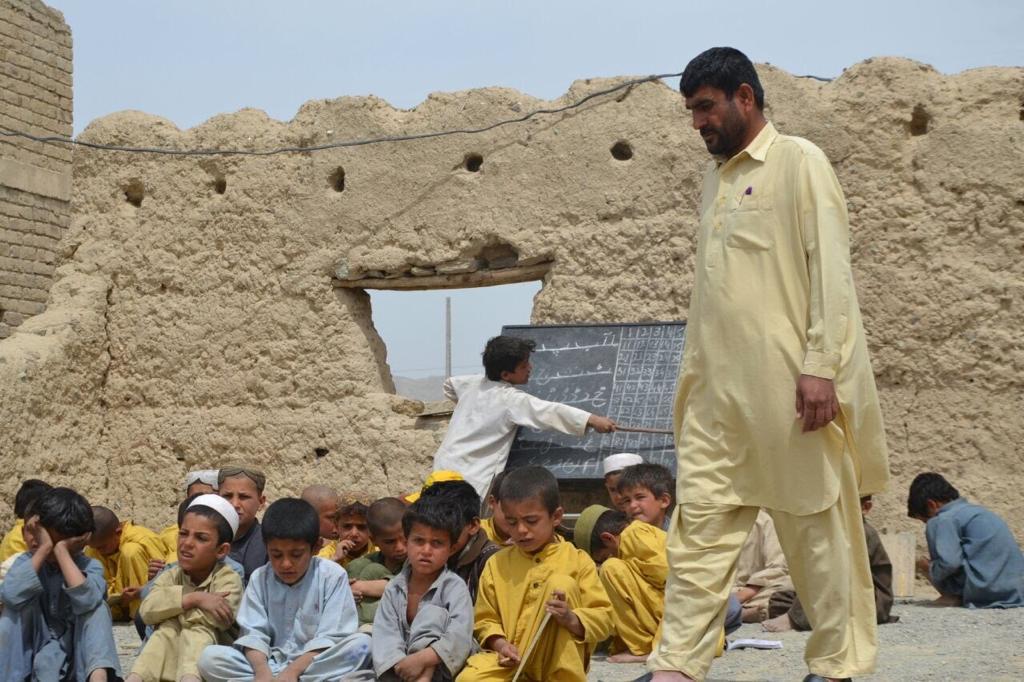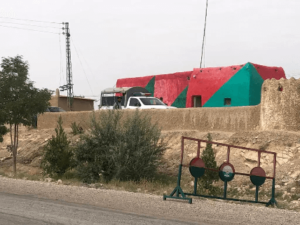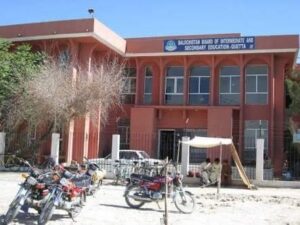Syed Ali Shah:
QUETTA: Balochistan’s education system is facing a critical situation, with over 3 million children not attending school. This alarming statistic was disclosed by Raheela Hameed Khan Durrani at the National Achievement Test (NAT) launch by the Pakistan Institute of Education (PIE) on Thursday. Durrani stressed the urgent need for remedial measures to address the crisis.
This news comes amid a disturbing national context, as Pakistan has the highest number of out-of-school children in the world, exceeding 26 million. The situation in Balochistan, where an education emergency has been declared, reflects this broader national problem. Despite efforts to implement Article 25-A of the Constitution, which guarantees free and compulsory education for children aged 5 to 16, the situation remains dire.

Durrani pointed out that the high number of out-of-school children is the biggest challenge for the current government in Balochistan. “We are committed to ensuring maximum enrollment,” she stated. However, she expressed frustration over the lack of action on proposed solutions, such as solarizing government-run schools to protect children from extreme weather conditions. These recommendations, aimed at creating a more favorable learning environment, have not yet received cabinet approval.
The minister also raised concerns about the increasing number of out-of-school girls in the province, calling the trend “alarming.” In response, the government plans to provide transportation facilities to girls to reduce dropout rates and improve access to education.
The NAT, conducted every two years, assesses students in Grades 4 and 8 across various subjects. The 2023 survey results for Balochistan revealed that 4th graders scored an average of 40 percent in math, while 8th graders scored 31 percent. Scores in English and Urdu were slightly better, with averages above 50 percent, consistent with national figures.
Dr. Shahid Soroya, Director General of PIE, emphasized the importance of collaboration with the Balochistan Assessment and Examination Commission (BAEC) and the School Education Department, Government of Balochistan (SEC). He highlighted that effective partnerships and concerted efforts are crucial to addressing the educational challenges in the province.
The situation in Balochistan calls for immediate and comprehensive action. With over 3 million children out of school and the highest national dropout rate, the crisis is undeniable. The government’s commitment to education must be translated into concrete actions to ensure that all children in Balochistan receive the education they deserve.






